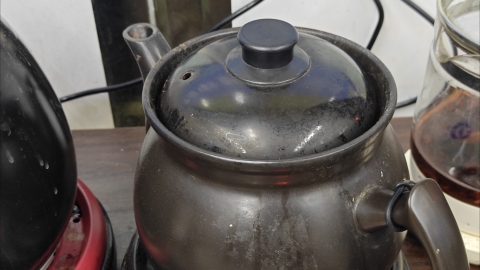Can I eat sea cucumber while taking traditional Chinese medicine?
Generally speaking, when taking traditional Chinese medicine (TCM), sea cucumbers can be consumed if the herbal ingredients do not conflict with sea cucumbers and the digestive system is functioning well. However, when there is an incompatibility between the herbal ingredients and sea cucumbers or if the gastrointestinal system is weak, sea cucumbers should not be consumed. If in doubt, it is recommended to consult a doctor in advance. Detailed analysis is as follows:

If the TCM being consumed contains nourishing ingredients such as Astragalus (Huangqi) and Codonopsis (Dangshen), which do not conflict with the warming and nourishing properties of sea cucumbers, and if digestive function is normal, moderate consumption of sea cucumbers can enhance the nourishing effects. Rich in protein and trace elements, sea cucumbers combined with tonic herbs can synergistically supplement nutrition and improve therapeutic effects. Additionally, cooking using light methods facilitates better nutrient absorption.
When the TCM contains ingredients such as licorice or vinegar that may cause adverse reactions when combined with sea cucumbers, or if gastrointestinal function is inherently weak, eating sea cucumbers is not advisable. Certain herbal ingredients may interact with sea cucumbers, potentially affecting drug efficacy or causing physical discomfort. For individuals with a weak digestive system, the high protein content of sea cucumbers may be difficult to digest, possibly leading to abdominal bloating and indigestion, thereby interfering with the therapeutic effects of the TCM regimen.
During TCM treatment, it is important to understand the ingredients and effects of the medicine, consult a physician to confirm whether sea cucumbers are suitable for consumption, control the portion size, and choose light cooking methods such as steaming. If any adverse symptoms occur, consumption should be stopped immediately and a follow-up medical consultation arranged.








